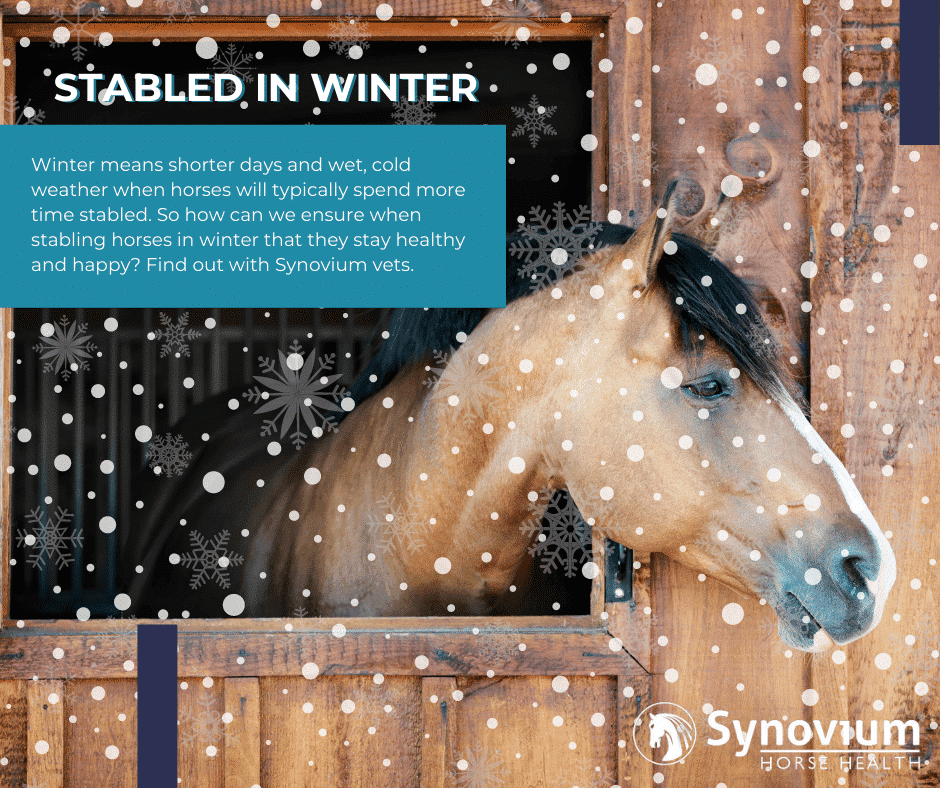Horse Supplement Info
How to keep our horses happy and comfortable when they are stabled in Winter
Winter means shorter days and wet, cold weather when horses will typically spend more time stabled. So how can we ensure when stabling horses in winter that they stay healthy and happy?
RESPIRATORY HEALTH
Spending more time stabled means horses are prone to developing respiratory problems, due to spending longer periods of time being exposed to stable dusts and spores. Ensure the stables are well-ventilated to avoid dust and mould spores being present. Correct ventilation of stables should be providing a full air change every hour. Ventilation can be provided with extra doors, windows, ceiling fans and air vents.
Keep stables clean from droppings and urine saturated bedding. Ammonia fumes from horse urine can irritate the horse’s lungs and the upper airway so remove any urine saturated bedding daily.
Cut down on stable dust by using a good quality and dust-free bedding.
Ensure you are feeding good quality hay or haylage and to reduce dust spores soak or steam if necessary.
Allow the horse to feed from the ground like nature intended. This will aid respiratory health because lowering his head and neck to eat opens the airways.
For horses who suffer with COPD, asthma, or allergies, consider using a quality assured veterinary respiratory supplement such as Synovium® Airplus Liquid.
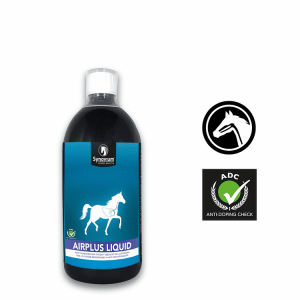
SYNOVIUM® AIRPLUS LIQUID is an innovative equine respiratory supplement which has been carefully developed by our leading vets. A unique blend of Potassium iodide, Eucalyptus oil, Rosemary, Thyme and Aniseed known for effectively clearing the airways and excess mucus whilst soothing the respiratory tract and supporting free breathing.
Suitable for horses with Equine Asthma, COPD and coughs.
A natural horse respiratory supplement with a long lasting effect.
Click on the link for more information:
https://www.synovium.co.uk/…/horse-respiratory-airplus…/
DIGESTIVE HEALTH
The horse’s physiology demands that he has plenty of exercise every day.
In the wild horses roam free and travel many miles each day eating as he goes.
The continual motion of the horse moving pushes the forage he eats through the digestive tract. When horses are stabled, they are not able to freely exercise putting them at risk from impacted colic.
The most important thing when a horse is stabled for any length of time is that you feed forage regularly to keep the gut moving.
Forage should be high-quality hay or haylage which is dust-free, fed frequently in small amounts and ideally from the floor mimicking that of a wild horse.
Large amounts of hard feed should be avoided unless the horse is being exercised accordingly. Feed should then be split into smaller feeds were possible (am & pm).
Always ensure your horse has access to clean, fresh water. It is essential that you clean water buckets frequently, replenishing the water throughout the day.
Consider feeding a supplement to support the digestive system such as Synovium® Gastrosafe and ensure your horse is receiving the appropriate vitamins and minerals.
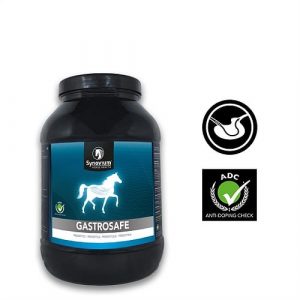
SYNOVIUM® GASTROSAFE a proven veterinary gut balancer for horses. A firm favourite with our customers offering an innovative formula to support optimal gut health. Developed to support a healthy stomach environment and aid digestive function. It has been extensively researched by our veterinary team and nutrition experts for optimal results. Gastrosafe helps control gastric acidity in horses, providing essential prebiotics, whilst supporting the natural anti-inflammatory processes in the front and hind gut.
> award winning & scientifically proven gut supplement
> aids in a healthy front & hind gut environment
> developed by our leading vets and equine nutrition experts
> natural anti-inflammatory with essential prebiotics
> ideal for horses during and after veterinary treatment for ulcers
> unique premium formula to achieve the best results as trialled by our vets
Click on the link for more information:
https://www.synovium.co.uk/products/synovium-gastrosafe/
JOINT HEALTH
Being stabled for long periods of time can lead to filled legs and stiff joints, particularly in horses suffering from arthritis and a compromised lymphatic system.
Remember daily exercise is essential for the over-all health of your horse and exercise is even more important for a horse that is stabled. Your daily workout should be specific to the kind of work your horse does and helps condition them accordingly. The basic elements of a horse’s daily workout:
- Warming up: essential for warming up the muscles reducing the chance of injuries. A gradual increase in exercise intensity allowing the limbs to move freely, the horse to relax, and promotes oxygen delivery to the muscles enhancing their ability to work reducing lactate build up.
- Stretching: protects against injury and enhances sensory nerve endings in muscles, tendons, ligaments, and joints. Increase your horse’s suppleness and elasticity reducing the chances of pulled muscles or tendons. In addition, stretching improves circulation and helps to relieve pain, inflammation, and muscle spasms.
- Exercise Routine: Your daily workout should be specific to the kind of work your horse does. Varying the exercises will keep your horse engaged, but also help to prevent repetitive trauma on joints, a predominant cause of joint injury. Repetitive trauma, sometimes referred to as repetitive strain injury (RSI), is caused by the overuse of muscle, nerves, tendons, and joints in a certain away, often leading to wear and tear and inflammation of the affected area.
- Cool Down: After exercise, the horse needs to gradually cool down, be dried off if necessary and remain in motion until the body heat has normalised.
Swelling can occur in the lower legs of horses when stabled for long periods of time. The medical term for this swelling due to accumulation of fluid is oedema. This type of oedema usually affects all legs and resolves when the horse is turned out or exercised. Swelling can often be reduced by bandaging and massaging the lower limbs helping to promote flow of lymph.
Maintain joint health and preserve mobility by using a joint supplement such as Synovium ® Agility.
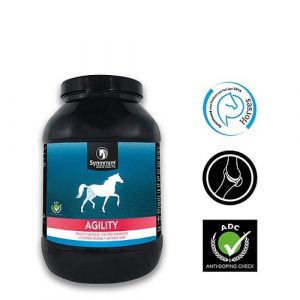
SYNOVIUM® AGILITY an advanced collagen for joints, tendons, and ligaments.
A veterinary innovative joint supplement containing 100% Bioactive Collagen Peptides (BCP®) which are specific, highly purified hydrolysed collagen peptides. A natural protein that contributes to the maintenance of cartilage, joint mobility, and muscle strength.
> advanced joint care for horses
> pure Bioactive Collagen Peptides are rapidly absorbed
> veterinary studies have demonstrated the efficiency of a Bioactive Collagen Peptides
> maintain joint health contributing towards preserving mobility
> stimulates joint cartilage metabolism
> extra support for muscles, soft tissues, and gut health
Click on the link for more information:
https://www.synovium.co.uk/products/synovium-agility/
‘Mud Fever’, also known as pastern dermatitis, is a skin condition that causes irritation, soreness, and scabs with moist lesions underneath. Mud Fever is usually found on the back of the horse’s heels and the fetlocks, but it can extend up the back of the legs. Infections can develop underneath the scabs and you may notice heat and swelling.
The horse may react when pressure is applied or with flexion of the affected limb. In severe cases, hair loss can occur leaving exposed inflamed skin which may split open. As with any bacterial infection, if left untreated Mud Fever can become more serious very quickly with the infection spreading further up the leg. This level of damage to the skin can result in the open sores being difficult to heal and in severe cases, skin grafts may be needed.
Mud Fever is caused by the bacteria (Dermatophilus Congolensis), which thrives in muddy, wet conditions. It can also develop when a horse is stabled if stood in wet dirty bedding. It generally arises during Winter and early Spring; however, it can continue to cause problems all year. Healthy skin would normally act as a barrier; however, the upper layer of skin can become compromised because the continual damp conditions cause the protective layer to fail, making it vulnerable to infection.
Refrain from washing off your horse’s legs it is generally better to allow the mud to dry and then brush off with a soft bristled brush. If you must wash your horse’s legs, use a warm (never cold), clean water, and ensure you dry them thoroughly.
Use a specialised product such as Synovium® Mudcare to help protect the skin from moisture to help tackle Mud Fever. Mudcare contains Lanolin which works by keeping the skin flexible and moisture proof forming a protective layer.
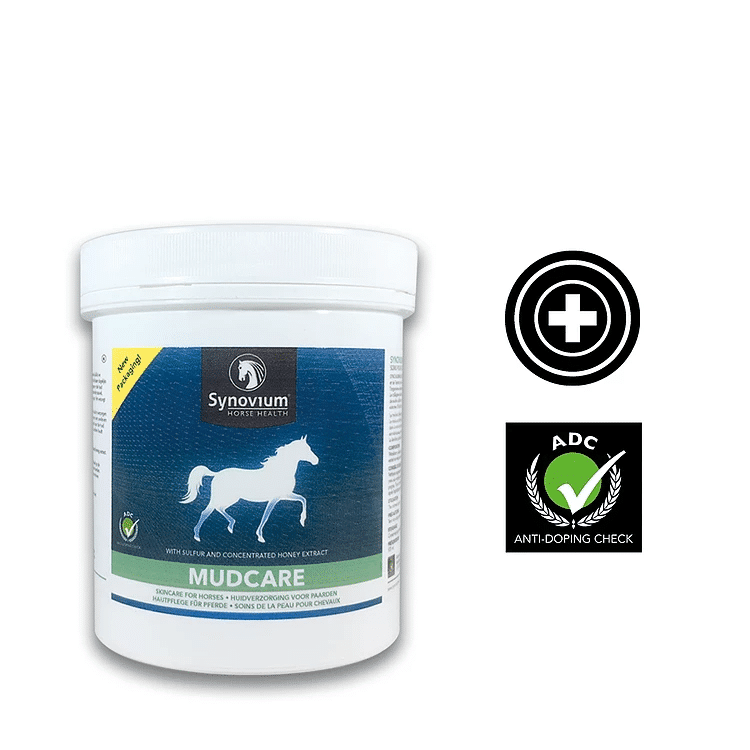
SYNOVIUM® MUDCARE is a veterinary skin care containing a unique formula of sufficient sulfur and concentrated pure honey. It has a multitude of uses encouraging optimum healing of the horse’s skin and damaged tissue. Can be applied to wounds, cuts, sores, and works wonders on skin conditions such as Mud Fever and Sweetitch!
> supports healing of wounds and damaged skin & tissue cells with sulphur and honey
> skin is made up of collagen, which depends on the availability of sufficient sulphur to support healing
> honey has a low pH-value; bacteria cannot survive in an acid environment
> lanolin keeps the skin flexible and moisture proof
> ideal for wounds, sores, and skin conditions such as Mud Fever and Sweetitch.
Click on the link for more information:
https://www.synovium.co.uk/products/synovium-mudcare/
FEET
Ensure your horse’s bedding is clean and deep. If the horse is left standing on damp bedding for long periods, he may develop thrush.
Pick out your horse’s feet daily and use an anti-fungal hoof treatment such as Silverfeet hoof balm on stabled horse’s hooves to prevent infections occurring.
Regular farrier appointments will keep your horse’s feet trimmed and balanced.
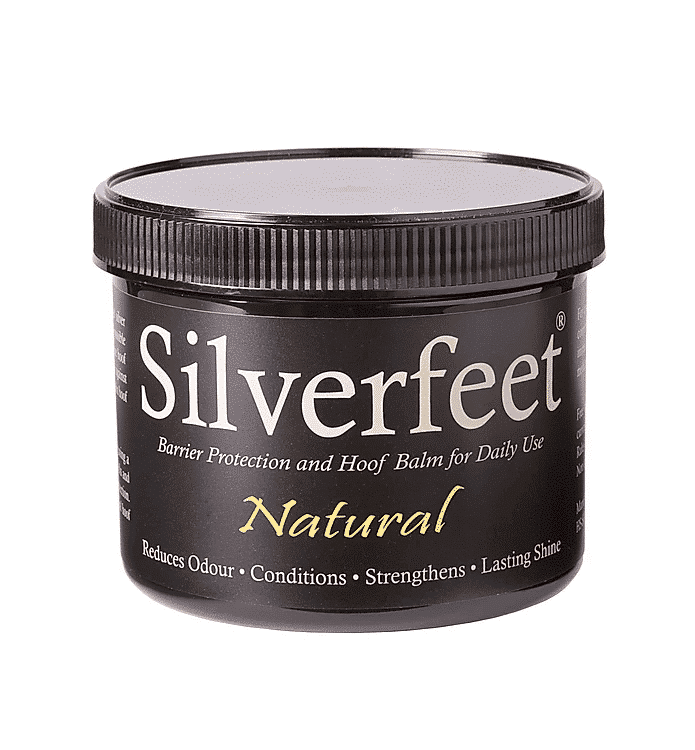
SILVERFEET is an effective natural hoof balm with its unique formula containing active silver. Silver kills an astonishing range of microbes (bacteria and fungi) within minutes of application. The hoof balm, when applied to the wall, sole and frog, produces an effective barrier against the environment whilst the silver ions maintain hoof health and fight the bacteria which may lead to hoof odour and conditions such as Thrush.
Unique formula consisting of an oil/beeswax base plus essential oils and the all-important silver complex. A non-toxic formula which has been developed for everyday use to provide maximum protection.
> natural, non-toxic hoof balm
> oil/beeswax base plus essential oils and the all-important silver complex
> active silver to fight bacteria
> provides everyday hoof protection and care
Click on the link for more information:
https://www.synovium.co.uk/products/silverfeet-hoof-balm/
COAT
Regular grooming and feeding a balanced diet are essential to maintaining good coat condition.
Check the weather daily and rug your horse accordingly.
Feed Synovium® Pure Linseed Oil, helping to promote a shiny and healthy coat.
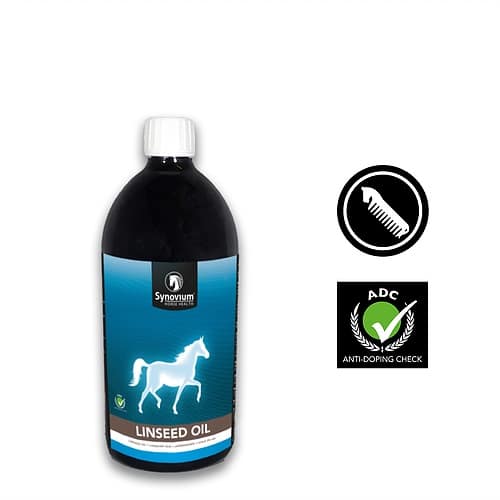
SYNOVIUM® LINSEED OIL nourishes from the inside out for optimal skin, coat, digestive, respiratory & joint health.
> a rich source of Omega 3 (an essential fatty acid) for optimal skin, coat, digestive & joint health
> omega 3 may support horses with Equine Asthma Syndrome
> our cold pressed Linseed oil is an 100% pure, derived from the first pressing, without losing any of its quality
> supports metabolism whilst contributing to the optimal functioning of the stomach and intestines
> a safer form of energy for horses being a natural oil
> ideal for horses who easily drop condition
Click on the link for more information:
https://www.synovium.co.uk/products/synovium-linseed-oil/
Many horses suffer psychologically from being kept stabled for long periods and can suffer from stress and boredom.
A bored horse can develop stable vices, including weaving, cribbing, wood-chewing, and box-walking.
Stressed horses can suffer from spasmodic colic and gastric ulcers.
Environmental enrichment is essential for the stabled horse it is your priority to provide stabled horses with an environment that keeps them happy and stress-free.
Synovium’s top 5 stable boredom tips:
Stable Teddy
Carrots and swede on string
Treat Ball
Stable Mirror
Splitting hay / haylage into several nets and tie them around the stable to promote movement
Have any questions about stabling horses in winter? Contact our vets at enquiries@synovium.co.uk with your questions for advice and support.
